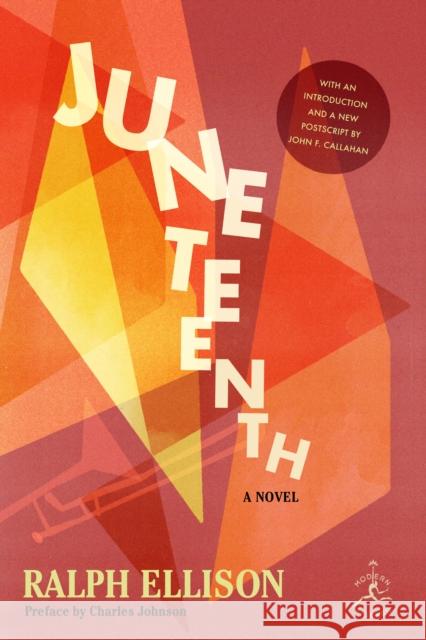Juneteenth: A Novel » książka
topmenu
Juneteenth: A Novel
ISBN-13: 9780593242100 / Angielski / Twarda / 2021 / 400 str.
Juneteenth: A Novel
ISBN-13: 9780593242100 / Angielski / Twarda / 2021 / 400 str.
cena 111,71 zł
(netto: 106,39 VAT: 5%)
Najniższa cena z 30 dni: 111,45 zł
(netto: 106,39 VAT: 5%)
Najniższa cena z 30 dni: 111,45 zł
Termin realizacji zamówienia:
ok. 12 dni roboczych.
ok. 12 dni roboczych.
Darmowa dostawa!











